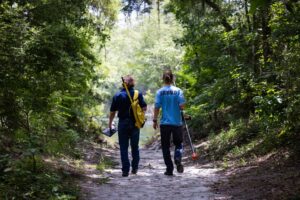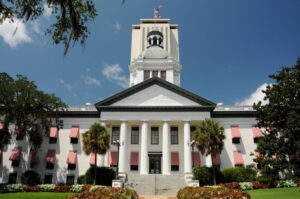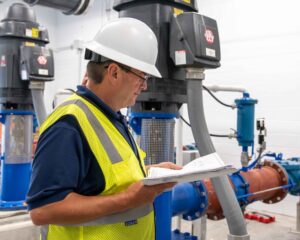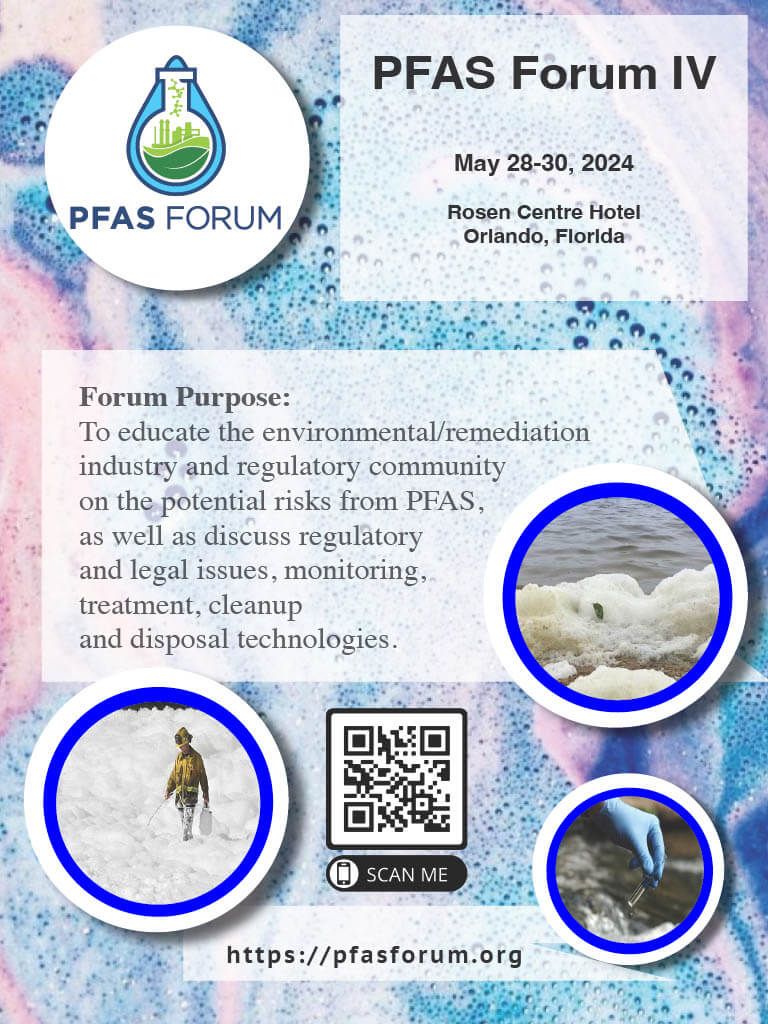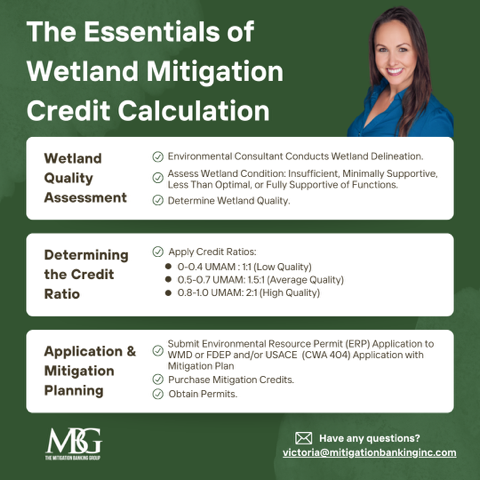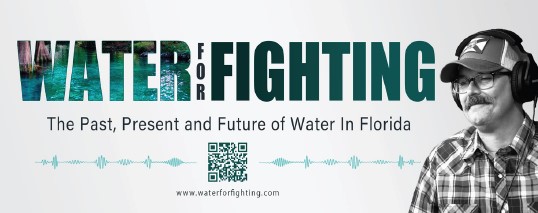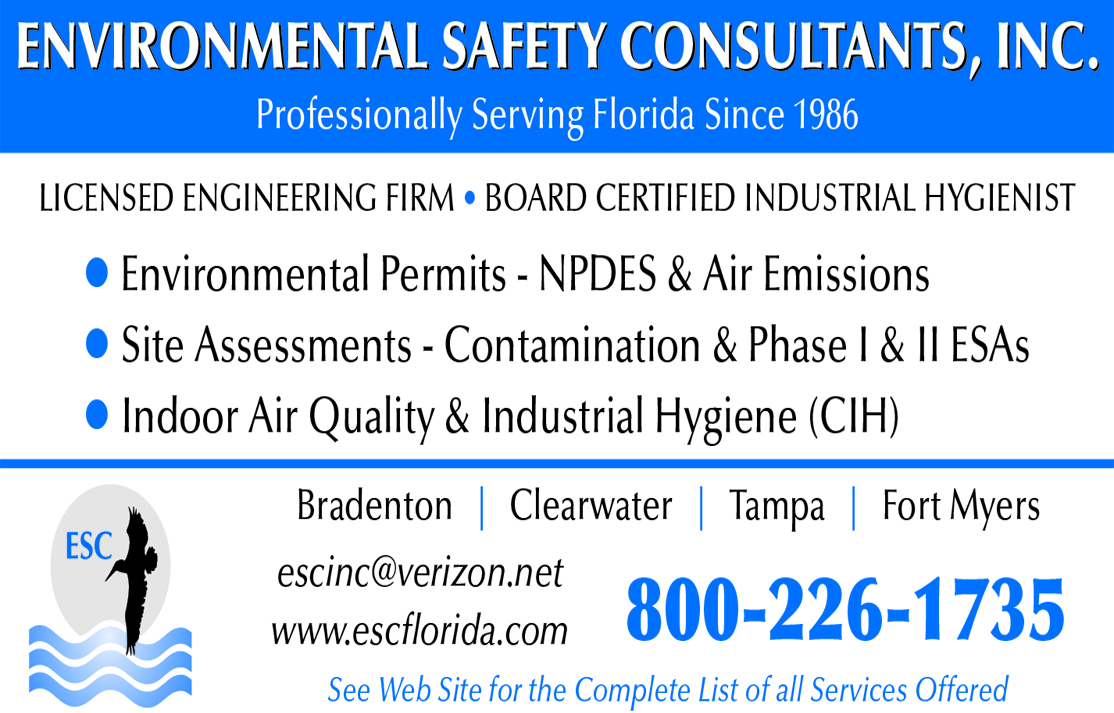By Staff Reports
The 2023 Atlantic Hurricane Season began on June 1 and the Florida Division of Emergency Management (FDEM) is encouraging residents to take precautions to safeguard their homes and businesses. The season is from June 1 to November 30.
“As we saw in the 2022 hurricane season, it only takes one storm to cause significant impacts and devastate a community,” said FDEM Director Kevin Guthrie. “If you haven’t already, take the time now to finalize your hurricane preparedness plans for your families and businesses, build your disaster supply kit during the ongoing disaster sales tax holiday, and start any lastminute home-hardening projects to mitigate impacts from future storms.”
Governor Ron DeSantis recently announced that a record $2.7 billion in tax relief will be provided to the people of Florida. This will comprise of two sales tax holidays for disaster preparedness, with the next on set from Aug. 26 to Sept. 8.
The FDEM strongly encourages all Floridians to take a few essential steps now to ensure their personal safety and that of their family in the event of a hurricane or tropical storm. The following checklist can serve as a guide as you begin your planning process:
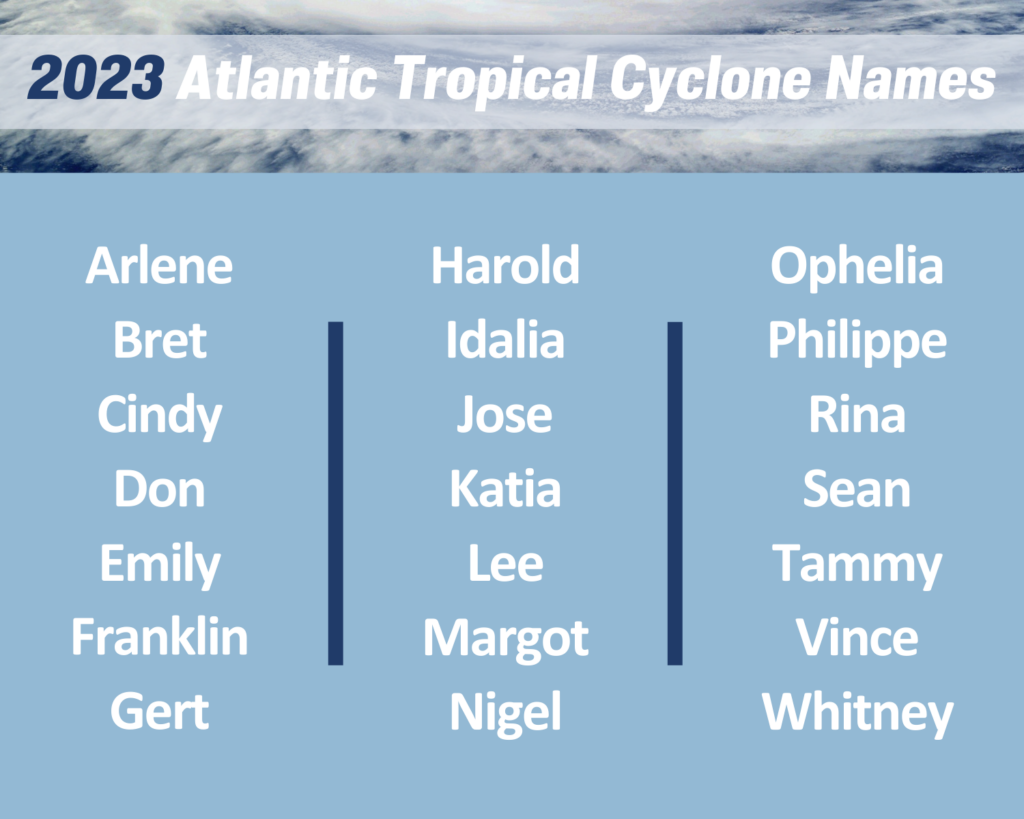
Complete a Personal Assessment
Make a list of your personal needs and your resources for meeting them in a disaster environment.
Get Educated, Get Informed
Learn about community disaster plans and community warning systems. Every household is encouraged to have a battery-operated or hand-crank weather radio to ensure they can continue to receive alerts from the National Weather Service in the event of power outages or damaged cell towers.
Prepare an Emergency Kit
Every household should have a fully stocked disaster supply kit with at least 7 days of items, including consideration of children, pets, and seniors. Florida’s Disaster Preparedness Sales Tax Holiday is ongoing and provides residents with the opportunity to purchase supplies tax-free during one of two 14-day Disaster Preparedness Sales Tax Holidays. For a full disaster supply kit checklist, visit FloridaDisaster.org/Kit.
Know Your Home, Know Your Zone
Visit FloridaDisaster.org/Know to learn what evacuation zone you live in.
Know your home’s ability to withstand hurricane-force winds.
Have a Plan for Your Pets
Have a safe place to take your pets if you cannot bring them with you during an evacuation. Never leave your household pets behind during a hurricane or tropical storm.
Assemble a portable pet disaster supply kit with essential supplies to care for your pet.
Utilities
Know how and when to turn off water, gas and electricity at the main switches and valves.
Keep any tools you will need near gas and water shut-off valves.
Turn off utilities only if you suspect lines are damaged or if local officials instruct you to do so.
Safety Devices
Be sure you know where your fire extinguishers are and how to use them.
Install smoke alarms on every level of your home, especially near the bedrooms.
Install a battery-operated or battery backup carbon monoxide detector.
Several times a year, test your smoke alarms to ensure they are working properly.
Important Records and Documents
Keep copies of important family records and other documents (birth and marriage certificates, Social Security cards, passports, wills, deeds, financial, insurance, medical/immunization records, and copies of current bills) in a safe deposit box or other waterproof location.
Inventory Home Possessions
Make a record of your possessions — in writing or video — to help you claim reimbursement in case of loss or damage.
Reduce Home Hazards
Have defective electrical wiring and leaky gas connections repaired. Place large, heavy objects on lower shelves. Have cracks in ceilings and foundations repaired.
Plan for Your Business
Make a plan for your business at floridadisaster.biz. ●


